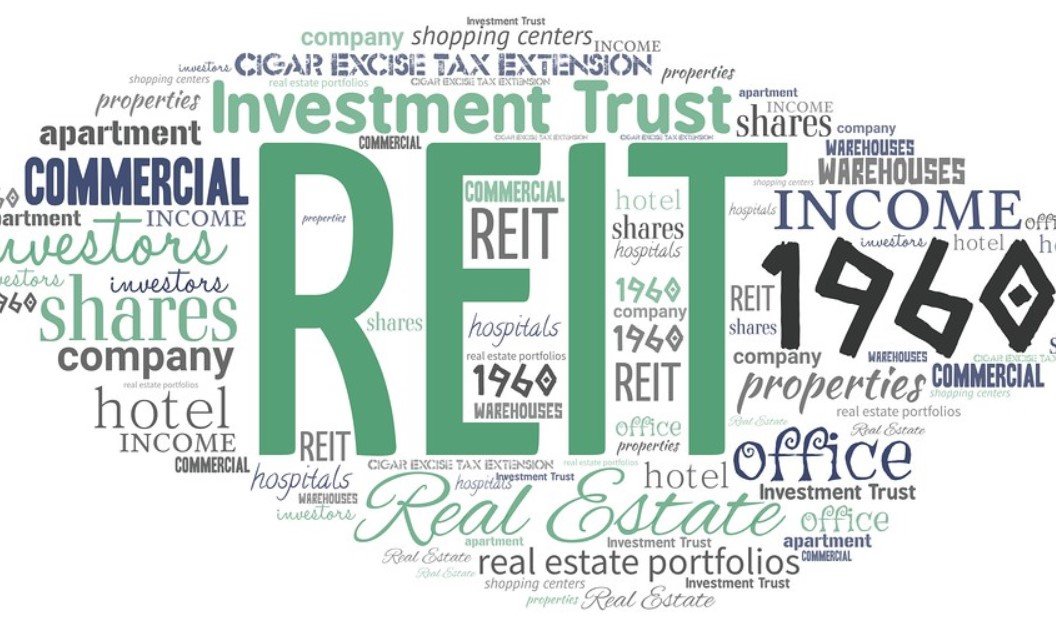Apartment real estate investment trusts (REITs) are a popular choice for income investors, as they offer stable and consistent dividends from renting out residential properties. Apartment REITs also benefit from the strong demand for rental housing in Canada, especially in urban areas where home prices are high and affordability is low. However, not all apartment REITs are created equal, and some may have more sustainable dividends than others. Here are seven apartment REITs with reliable dividends to buy in 2024, based on their payout ratios, dividend growth, and financial performance.
Payout Ratio: A Measure of Dividend Sustainability
One of the key indicators of dividend sustainability is the payout ratio, which measures the percentage of a REIT’s distributable income that is paid out as dividends. A lower payout ratio means that a REIT has more room to cover its dividends and retain some income for reinvestment and growth. A higher payout ratio means that a REIT is paying out most or all of its income as dividends, leaving little margin for error or expansion.
According to the latest data from The Globe and Mail, the average payout ratio for Canadian apartment REITs was 69.6% as of November 30, 2023. However, some apartment REITs had much lower payout ratios, indicating more dividend safety and flexibility. For example, InterRent REIT (IIP.UN) had a payout ratio of 44.8%, Killam Apartment REIT (KMP.UN) had a payout ratio of 54.5%, and Canadian Apartment Properties REIT (CAR.UN) had a payout ratio of 58.3%.

Dividend Growth: A Sign of Dividend Reliability
Another sign of dividend reliability is dividend growth, which shows that a REIT is able to increase its dividends over time and reward its shareholders with higher income. Dividend growth also reflects a REIT’s confidence in its future earnings and cash flow, as well as its commitment to shareholder value. Dividend growth can also help investors beat inflation and preserve their purchasing power.
According to the latest data from The Globe and Mail, the average annualized dividend growth rate for Canadian apartment REITs over the past five years was 2.9% as of November 30, 2023. However, some apartment REITs had much higher dividend growth rates, indicating more dividend reliability and attractiveness. For example, Minto Apartment REIT (MI.UN) had a dividend growth rate of 10.7%, InterRent REIT had a dividend growth rate of 7.8%, and Northview Canadian High Yield Residential Fund (NHF.UN) had a dividend growth rate of 6.8%.
Financial Performance: A Source of Dividend Stability
A third factor that affects dividend stability is financial performance, which shows how well a REIT is managing its operations, revenues, expenses, and debt. A strong financial performance means that a REIT can generate enough income and cash flow to support its dividends and growth initiatives, as well as withstand any market shocks or challenges. A weak financial performance means that a REIT may struggle to maintain its dividends and face financial difficulties or risks.
According to the latest data from The Globe and Mail, the average funds from operations (FFO) per unit for Canadian apartment REITs was $0.56 in the third quarter of 2023, up 9.8% from the same period in 2022. The average net operating income (NOI) margin for Canadian apartment REITs was 63.4% in the third quarter of 2023, up 1.6 percentage points from the same period in 2022. The average debt-to-gross book value ratio for Canadian apartment REITs was 40.9% as of September 30, 2023, down 1.2 percentage points from the same date in 2022.
However, some apartment REITs had better financial performance than others, indicating more dividend stability and resilience. For example, Minto Apartment REIT had an FFO per unit of $0.64, an NOI margin of 68.9%, and a debt-to-gross book value ratio of 36.4%. InterRent REIT had an FFO per unit of $0.62, an NOI margin of 67.1%, and a debt-to-gross book value ratio of 34.8%. Northview Canadian High Yield Residential Fund had an FFO per unit of $0.60, an NOI margin of 66.4%, and a debt-to-gross book value ratio of 38.9%.
